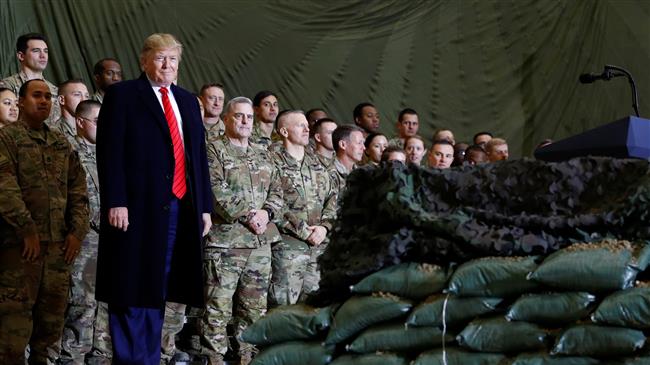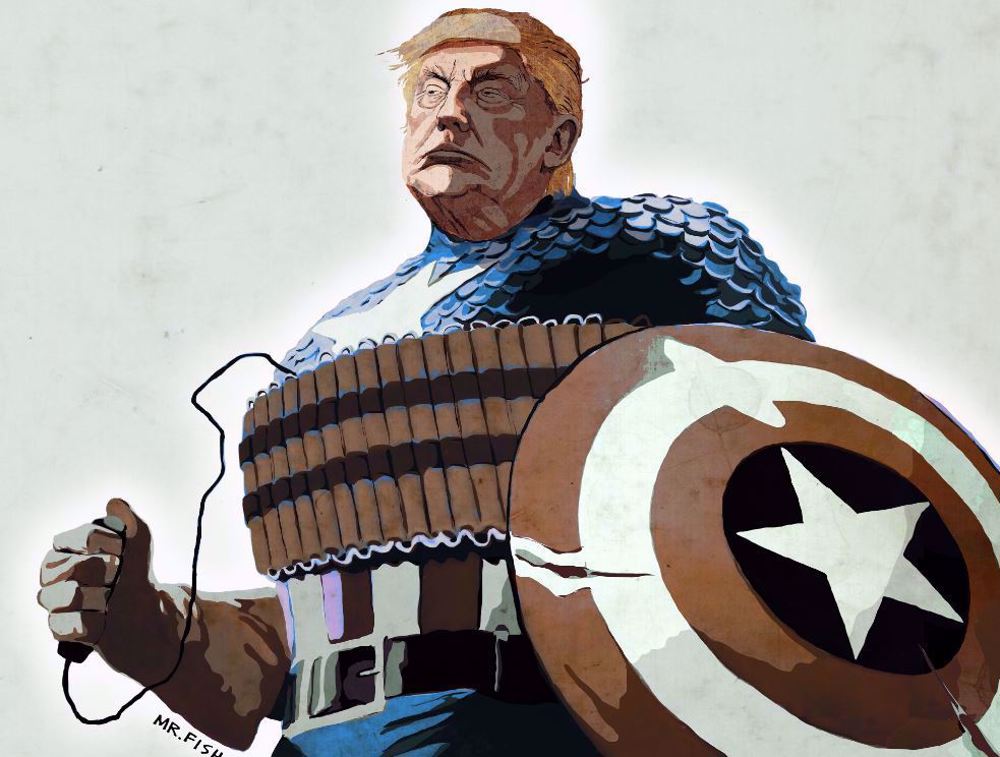Oliver Stone comes late to the idea of evil Empire for the United States
By Myles Hoenig
One element of propaganda is accusing your opponent of the very worst things possible that you exemplify. This was one of Herman Goebbels contributions to how one can distort the truth to your own benefit. We see a lot of this this past week in the impeachment trial of Donald Trump, as the Republicans accuse the Democrats of the very same thing they’re doing, and the Democrats, to a lesser extent during this trial, do the same. Deflection is another element, as a way to distort the truth.
Film producer Oliver Stone calls the US an ‘evil empire’. He focuses on the trend that movies today, after 2001, cannot criticize America’s imperialism and empire abroad. All the box office hit movies about war seem to promote war in some way. Black Hawk Down, The Footlocker, Zero Dark Thirty, Flags of Our Fathers, and a host of TV war series all glorified the role of the American soldier and their missions. As Stone said, long gone are the days of Platoon, Born on the Fourth of July, as well as others’ such as Apocalypse Now where one comes out questioning our role in foreign policy and the military. The American film and TV industry have long been experts in utilizing propaganda to push, especially, an America First, or American exceptionalist narrative.
But Stone was only referring to the movie industry taking a hit where it cannot take on the military or the CIA when he called us the evil empire. Yet that’s a very narrow view of what the term implied. Ronald Reagan first recorded the phrase in 1983. This was during the Soviet invasion of Afghanistan and relatively soon before the Soviet Union’s collapse in 1989. The Cold War was hottest during Reagan’s tenure, notwithstanding the Cuban Missile Crisis, and US hostility towards the Soviet Union went back to its revolution in 1917, when afterwards, with other Western nations, it sent troops to fight the new Soviet Union on the side of the Whites (anti-Bolsheviks). Except for co-existence during the Second World War, the US had maintained hostile intentions towards Russia throughout. Even today, not Communist, but being Russian, is enough to prick the tree of hysteria for American politicians.
As Oliver Stone takes on the anti-Soviet moniker of Evil Empire to be used to describe the US, we really need to look US history in total to determine whether it is an evil empire, and the answer is obvious. Russia has nine military bases outside of its territory, some within the former Soviet Union. The US has over 800. Although the charge is that Russia interfered with the US elections in 2016, it does not have much of a history of foreign electoral intervention, nor foreign involvements which include coup d’etats, assassinations, election interference, installation of their own citizens in other governments, etc. By many counts, the US has over 80 such happenings, with disastrous consequences throughout the 20th and 21st centuries in countries all over the world.
An Evil Empire is one that feels entitled to go outside of its borders and not control nations for immediate protection, such as the buffer around the Soviet Union, but to exploit the natural resources for its own profit and use, and subjugate its people to the diktats of Wall Street and the American foreign policy establishment. This is America’s sordid history, and often not one taught in our public schools.
Myles Hoenig is a veteran educator who has worked for social and political change since the early 1970s. He is a former candidate and campaign manager for the Green Party for local, state and federal offices.
(The views expressed in this article do not necessarily reflect those of Press TV.)
Iran Judiciary says detained rioters not denied medical services
Discover Iran: From red earth and blue seas to green forests – natural wonders of Hormozgan
German economists urge withdrawal of gold reserves from US
Iran files lawsuit in intl. forums against US, Israel over riots
State of emergency across US as monster storm hits 200 million Americans
Trump administration moves to cut funding for ICE body cameras
VIDEO | Qeshm: Iran’s biggest island boasts 1st UNESCO geopark in region
VIDEO | People in Spain’s Granada mobilize against Gaza genocide, US imperialism











 This makes it easy to access the Press TV website
This makes it easy to access the Press TV website